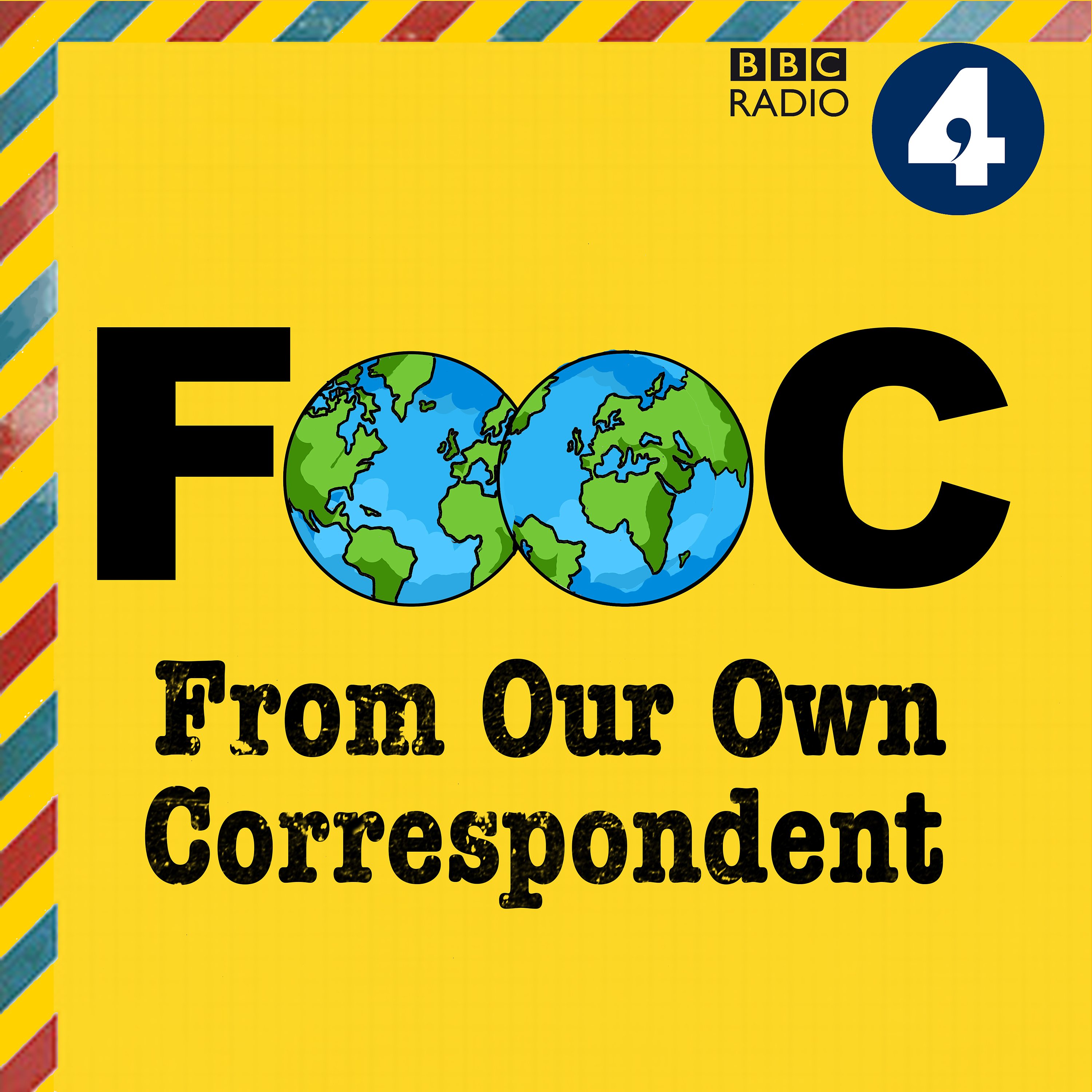Putins Gamble

Vladimir Putin\u2019s announcement of a partial conscription to fight in the war in Ukraine was interpreted by many as an act of desperation. Within Russia, the news sparked protests by Russians who are against fighting a war they don\u2019t believe in. Until now many Russians had continued with life almost as normal, unaffected by Putin\u2019s so-called special operation. This week changed that, says Sarah Rainsford\nIran is facing the most serious challenge to its leadership in years. The death of a young woman in police custody, after she was arrested for allegedly failing to follow hijab rules has triggered nationwide protests in both middle class and working-class areas. Kian Sharifi says these protests show a stiffening resolve.\nRajini Vaidyanathan visits a hospital in Sindh Province in Pakistan, which was the worst affected area in recent floods. The World Health Organisation has warned that the country now faces a second disaster amid an outbreak of waterborne diseases.\nOver the past year, Israel's Ultra-orthodox community has struggled to deal with a series of sex abuse scandals. One of the biggest involved a leading light of the ultra-Orthodox world, Rabbi Chaim Walder who was accused of abusing women and children. Yolande Knell, reports on the shockwaves these revelations have caused.\nCenturies ago, Getaria, a town on Spain\u2019s Atlantic coast, gave birth to a man who changed the world: Juan Sebasti\xe1n Elkano, the first person to navigate a ship around the globe. Julius Purcell was in Getaria for the anniversary of Elkano\u2019s mighty achievement and finds the town caught in a national debate over Spain\u2019s imperial legacy.